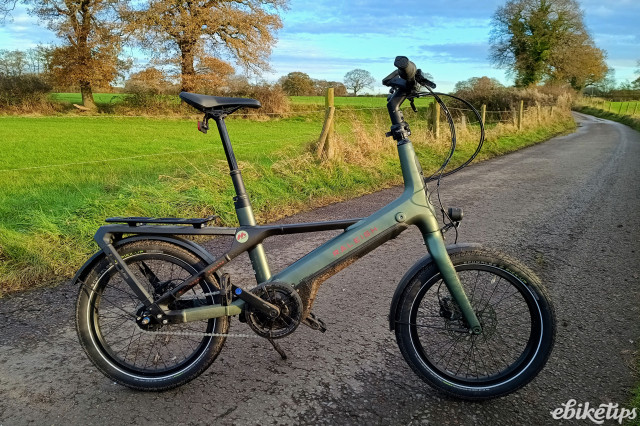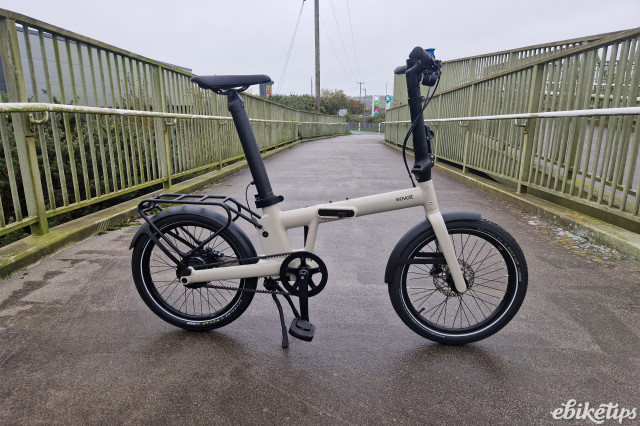National shared transport charity Collaborative Mobility UK (CoMoUK) has said the UK Government is “falling behind the rest of the world” with its lack of action on e-scooters and other powered micro vehicles, after there was no mention of e-scooter legislation in last week’s King’s Speech.
The government first announced plans for a new regulatory framework through a Transport Bill in last year’s Queen’s Speech. This was to pave the way for e-scooters to be legalised through the creation of a low-speed, zero-emission vehicle category, but there have since been several delays.
While it is currently illegal to ride a privately-owned e-scooter in a public place, the vehicles can be rented in trials that are taking place across the country. These had been set to end in May next year, but according to the BBC, the government has promised to extend existing trials until May 2026.
> E-scooters and the law: When and where are you legally allowed to ride an electric scooter?
More than 50 organisations, including environmental charities and campaigners, recently urged Prime Minister Rishi Sunak to establish a new powered light vehicle class that would include e-scooters and light electric cargo vehicles. The move is designed to ensure e-scooters, whether rented in shared use schemes or privately-owned, are subject to high safety standards.
Richard Dilks, chief executive of CoMoUK, said: “The trials have clearly demonstrated the immense popularity of e-scooters, with over 34 million rides between the summer of 2020 and the start of this year alone.
“The UK's failure to introduce permanent legality has put it behind other nations, missing out on an opportunity to lower transport emissions. It’s disappointing that while over 100 cities across Europe, North America, and Asia have already embraced e-scooters, and despite previous commitments, ministers have been slow to catch on.
“While we urgently need to see an extension to the trials to capitalise on the popularity of e-scooters, this does not address that private vehicles are unlikely to undergo regular maintenance by trained professionals.
“Legalising and regulating e-scooters will not only help reduce emissions and promote sustainable transport but also provide a convenient and affordable transport option for many struggling with the cost-of-living crisis. We must not fall further behind as the world adopts this new mode of transport. The time to act is now.”
Meanwhile, Lesley Rudd, chief executive of charity Electrical Safety First (ESF), said it was “extremely disappointing” the King's Speech had no inclusion “for vitally important issues relating to electrical safety which urgently need to be tackled.”
ESF recently put forward a draft Private Member’s Bill, The Safety of Electric-Powered Micromobility Vehicles and Lithium Batteries Bill, aiming to combat the rise in fires caused by e-bike and e-scooter batteries.
It said it is seeking to enlist a ‘heroic’ MP who will lead the charge in saving lives and protecting reputable manufacturers who are producing safe e-bikes and e-scooters.
Rudd said: “The UK is now facing the likelihood of nearly one e-bike or e-scooter fire per day this year, a significant increase from just over one per week in 2020. Urgent government intervention is crucial to address this escalating danger to lives.
“There is fast-growing cross-party support for our draft Bill within the UK Parliament, and we urge the government to ensure such a crucial piece of legislation is given the time it needs to become law during this parliamentary session.”
> Allow 14-year-olds to ride e-scooters and 20mph e-mopeds says motorbike industry





